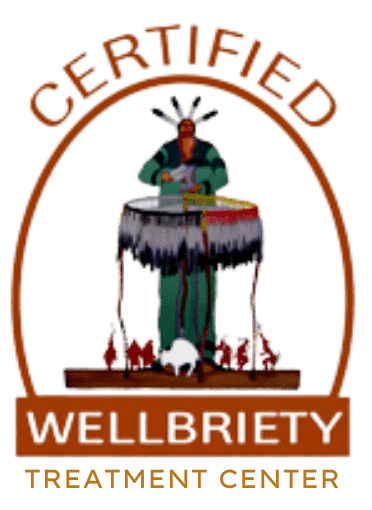Dating in recovery is a personal choice, like most things— however, dating can also be a massive trigger. It is important to understand that romantic relationships can be emotionally triggering, and avoiding triggers is best— especially in early recovery.
Be weary of emotional dependence
Relationships are, of course, about trust and building an emotional connection, but early recovery is a time of heightened emotions and stress. Replacement addictions may also manifest at this stage, and a new relationship can be an example of this. Pay attention to how your relationship is developing to avoid becoming emotionally dependent on another person. Signs of emotional dependence may include sharing too much too soon; seeking happiness or validation in your partner; feeling abandoned or insecure if you don’t hear back from your partner or they make plans without you; and/or relying on your partner to meet your emotional needs.
Check yourself if you exhibit any of these signs, as they may suggest an unhealthy relationship and you might want to put the brakes on dating in recovery.
Your partner may not understand certain things
Some people in recovery prefer to date others in recovery because they can relate to issues unique to addiction, while others might prefer to date only people not in recovery, perhaps because of a past toxic relationship or any number of other reasons. Others may have no preference when it comes to a potential partner’s recovery status.
If you do choose to see someone who is not in recovery, you should be comfortable with the idea that they will never understand parts of you and your life. Someone without any kind of substance use disorder cannot relate to certain struggles that a person addicted to alcohol or drugs may experience on a daily basis or has experienced in the past. These issues may also put undue stress on your partner who doesn’t know how to handle them.
Dating in recovery may be a relapse risk
It takes work to manage the intense emotional highs and lows of early recovery. A new relationship is also characterized by a range of emotions, some of which someone newly sober may have struggled with in the past or repressed altogether. The surfacing of new or ignored feelings can be overwhelming, as can the emotional fallout from a disagreement or breakup. If your coping mechanisms and emotional state are precarious, a relationship may put you at greater risk for relapse.
There is no right or wrong answer when it comes to dating in recovery, so take care to make the right decisions for yourself.
If you or a loved one has a substance use disorder and wants to begin recovery, we hope you’ll consider joining the Royal Life family. Royal Life Centers at Sound is an outpatient treatment facility located in Lacey, Washington, adjacent to RLC at the Haven, our medical detox center. We offer care at the PHP, IOP, OP, and sober living level and treat dependence on opioids, benzodiazepines, methamphetamine, cocaine, and alcohol.
Please reach out to us at (877)-RECOVER for help or to learn more about our treatment programs.













